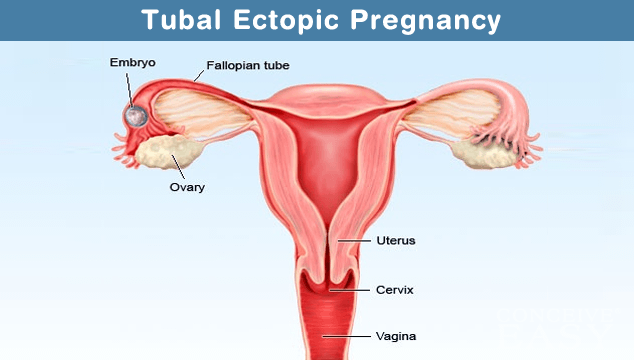An ectopic pregnancy is a pregnancy that occurs outside of the womb. When the embryo does not attach to the uterus and attaches somewhere else along the path to the uterus instead, that is known as an ectopic pregnancy. Ectopic pregnancies occur in the fallopian tubes, cervix, ovary, or abdominal cavity. Claim Your 20 Free Pregnancy Tests – Click Here
Ectopic pregnancies count for around 2 percent of all pregnancies, and around 80 percent of ectopic pregnancies are discovered in the first few weeks after conception. The risk of ectopic pregnancy is higher in women over 35, and African American women are twice as likely to have an ectopic pregnancy than white women.

The most important thing to remember about treatment for an ectopic pregnancy is that it will never be able to develop into a normal baby. You can not “transplant” the embryo from the location where it is located and move it into the womb and have it grow and develop normally. It just won’t work. There are basically two different types of treatment options for ectopic pregnancy.

If the pregnancy has not gotten very far along, you might be able to remove the ectopic pregnancy with an injection of a drug called methotrexate. Methotrexate is used to dissolve the fertilized egg. After it is dissolved, your body simply reabsorbs it. Doctors like to use this treatment option since it does not damage the fallopian tubes.

However, if the pregnancy is further along, surgery might be the only option. If your fallopian tube has been damaged or ruptured, the doctor will have to remove the fallopian tube along with the fertilized egg as well. Doctors usually opt to leave the fallopian tube in place in the body and let it heal on its own, but if the woman does not wish to have children in the future, then the doctor will just remove the tube and the fertilized egg too.
If the doctor is able to leave the fallopian tube intact, there is about a 40 percent chance that the woman can go on to have another healthy pregnancy. However, if the fallopian tube has to be removed, there is no way the woman can ever have children again.










Comments